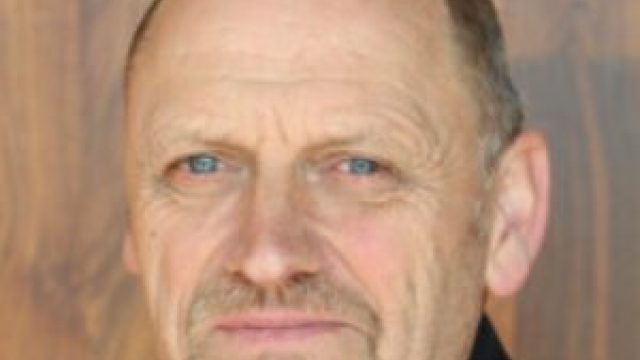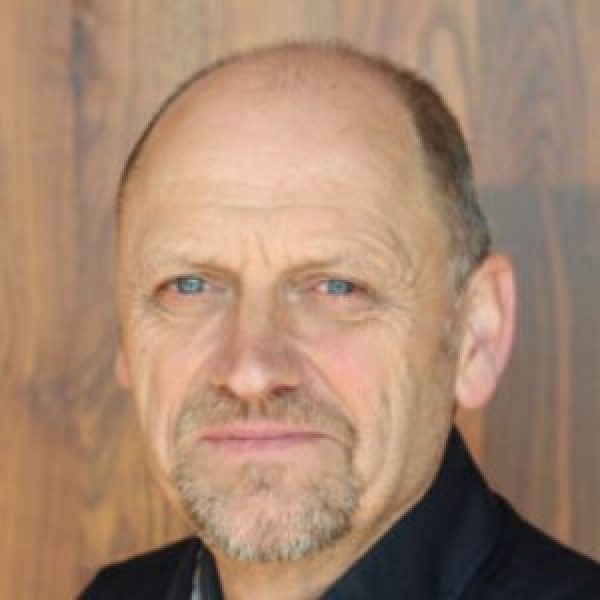
Our Focus
We study the mechanisms of defective gene regulation in acute myeloid leukaemia (AML). We focus on a specific AML subtype for which currently no cure is available. This subtype carries chromosomal abnormalities involving chr:3q26 causing overexpression of a gene called EVI1 (also designated MECOM). The overexpression is caused by so called enhancer hijacking as the result of the chromosomal rearrangements. More than 10 enhancers have been discovered that are frequently hijacked by EVI1 in different patients. Other oncogenes frequently use the same enhancers in other AML subsets. The question we address is: Can we interfere with the enhancer activity? We identified a number of compounds that are able to block enhancer activity and with that inhibit oncogene EVI1 expression. We have uncovered a number of compounds that are able to inhibit the activity of the enhancers. To our surprise these effects were strong and showed a certain level of selectivity for the hijacked enhancers. The in vivo effects will be studies in the coming year musing so called xenograft mouse models..
Another approach to affect oncogenes, is to target the function or activity of the oncoprotein itself. Therefore, targeting EVI1 protein in AMLs with aberrant expression may be another way to cure the disease. We found EVI1/CTBP2 interaction to be essential and found a way to break EVI1/CTBP binding and inhibit tumour growth in a mouse model. This study, which has been published in 2024 in ScienceAdvances, demonstrates a way to specifically inhibit tumour growth. In collaboration with Sebastian Pomplun, we are testing small peptide-compounds to inhibit leukemic growth. More importantly, this work, that we carried out with Oncode money has now been used to apply for external funds. I am proud to announce that this work will partially be funded by the WorldWideCancer Foundation. With this grant we will particularly cover the work that we carry out in collaboration with Sebastian Pomplun. We hope to be able to carry out xenotransplant models for this study as well, which is challenging and will need the support from Oncode.
Finally, our program has now also affected and other malignancy. We have a project on ovarian Cancer and a manuscript is now being submitted.
About Ruud Delwel

Ruud Delwel
My Research
Ruud Delwel started his career in 1983 in the lab of Bob Lowenberg, studying the in vitro behaviour of human acute myeloid leukemia cells in vitro. He obtained his PhD in 1990 (Cum Laude) and became a post doctoral fellow in the group of Dr. James Ihly, at the St. Jude’s Children’s Research Hospital in Memphis, Tennessee Leiden, and carried out retroviral insertional mutagenesis to discover novel disease genes in AML. He discovered the EVI1 gene to be one of the most severe disease genes in mouse leukemia’s and in human. When back in the Netherlands, ErasmusMC, he moved on studying the biological consequences of altered gene expression in human and murine AML.
His two major breakthrough studies are 1) The discovery that human AML can be classified based on unique gene expression signatures and on specific gene methylation profiles. These studies led to the uncover of a subset of unique AML cases with aberrant expression of the EVI1 gene. Further in depth analysis revealed a unique mechanism of enhancer deregulation in a subset of human EVI1-AMLs. Ruud Delwel and his team have been able to combine patient analysis with molecular studies using in vitro and in vivo modelling to improve our insight into molecular aspects of acute myeloid leukemia. These studies and the proposal that followed on these studies have been awarded by the Dutch Cancer Society or "Koningin Wilhelmina Fonds” with the "Koningin Wilhelmina Onderzoek prijs", or KWO Award.
Our research now focusses on the mechanisms of aberrant gene (EVI1) control by hijacked enhancers and how we may interfere with the aberrant expression of those genes. Applying sophisticated in vitro models we screened for compounds, using the drug repurposing library obtained by Oncode, to uncover ways to interfere with oncogene expression. We obtained several interesting hits, which are investigated further in the next five years within Oncode.
Awards
2017: Jose Carreras Lecture/Price
2015: KWO Award
1994: Fellowship from the Royal Dutch Academy of Science (KNAW)
Key Publications
Smeenk L, Ottema S, Mulet-Lazaro R, Ebert A, Havermans M, Varea AA, Fellner M, Pastoors D, van Herk S, Erpelinck-Verschueren C, Grob T, Hoogenboezem RM, Kavelaars FG, Matson DR, Bresnick EH, Bindels EM, Kentsis A, Zuber J, Ruud Delwel. Selective Requirement of MYB for Oncogenic Hyperactivation of a Translocated Enhancer in Leukemia. Cancer Discov. 2021 Nov;11(11):2868-2883.
Ottema S, Mulet-Lazaro R, Erpelinck-Verschueren C, van Herk S, Havermans M, Arricibita Varea A, Vermeulen M, Beverloo HB, Gröschel S, Haferlach T, Haferlach C, J Wouters B, Bindels E, Smeenk L, Ruud Delwel. The leukemic oncogene EVI1 hijacks a MYC super-enhancer by CTCF-facilitated loops. Nat Commun. 2021 Sep 28;12(1):5679.
Mulet-Lazaro R, van Herk S, Erpelinck C, Bindels E, Sanders MA, Vermeulen C, Renkens I, Valk P, Melnick AM, de Ridder J, Rehli M, Gebhard C, Ruud Delwel, Wouters BJ. Allele-specific expression of GATA2 due to epigenetic dysregulation in CEBPA double-mutant AML. Blood. 2021 Jul 15;138(2):160-177
Sophie Ottema, Roger Mulet-Lazaro, H. Berna Beverloo, Claudia Erpelinc, Stanley van Herk, Marije Havermans, Tim Grob, Peter J. M. Valk, Eric Bindels, Torsten Haferlach, Claudia Haferlach, Leonie Smeenk, Ruud Delwel. Atypical 3q26/MECOM rearrangements genocopy inv(3)/t(3;3) in acute myeloid leukemia. Blood. 2020 Jul 9;136(2):224-234.
Gröschel, S., Sanders, M.A., Hoogenboezem, R., De Wit, E., Bouwman, B.A.M., Erpelinck, C., ... & Ruud Delwel. (2014). An oncogenic enhancer-rearrangement causes concomitant deregulation of EVI1 and GATA2 in leukemia. 2014, Cell, 157(2), 369-81.
Members
| Ruud Delwel Group leader | Bas Wouters Senior Investigator | Claudia Erpelinck Technician |
| Dorien Pastoors PhD student | Emma Boertjes PhD student | Leonie Smeenk Postdoc fellow |
| Marije Havermans Technician | Stanley van Herk Technician | |